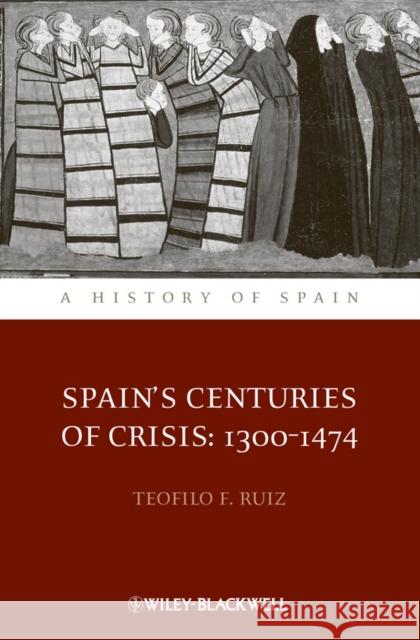Spain's Centuries of Crisis: 1300-1474 » książka
topmenu
Spain's Centuries of Crisis: 1300-1474
ISBN-13: 9781444339734 / Angielski / Miękka / 2011 / 256 str.
A comprehensive history that focuses on the crises of Spain in the late middle ages and the early transformations that underpinned the later successes of the Catholic Monarchs.
- Illuminates Spain's history from the early fourteenth century to the union of the Crowns of Castile and Aragon in 1474
- Examines the challenges and reforms of the social, economic, political, and cultural structures of the country
- Looks at the early transformations that readied Spain for the future opportunities and challenges of the early modern Age of Discovery
- Includes a helpful bibliography to direct the reader toward further study











